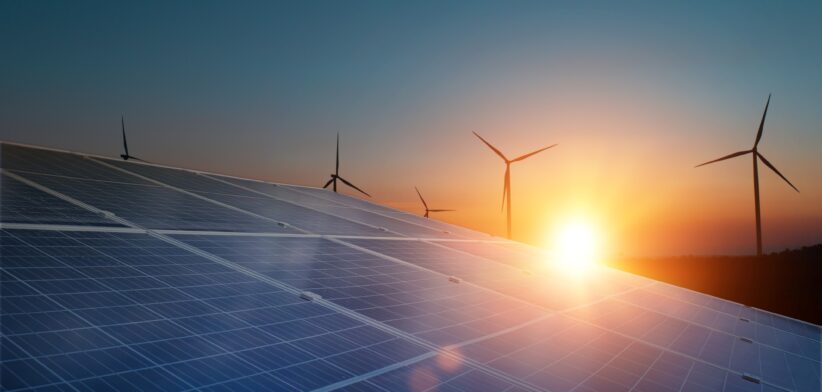An analysis of green energy infrastructure projects shows that many are prone to budget overruns and year-long delays.
The study by the Boston University Institute for Global Sustainability found construction costs run over budget for more than 60 percent of energy infrastructure projects worldwide.
Study Lead author Benjamin Sovacool said between now and 2050, the International Energy Agency projected that more than $100 trillion would be spent on building net-zero energy infrastructure globally.
Dr Sovacool said the study found that runaway construction costs and delayed timelines hindered many energy projects.
“The average project costs 40 percent more than expected for construction and takes almost two years longer than planned” he said.
Dr Sovacool said nuclear power plants fared the worst, with an average construction cost overrun typically twice as much as expected or more, and the most extreme time delays.
“The average nuclear power plant has a construction cost overrun of 102.5 percent and ends up costing $1.56 billion more than expected.”
He said newer net-zero options revealed higher risk as well, with hydrogen infrastructure and carbon capture and storage both exhibiting significant average time and cost overruns for construction, along with thermal power plants relying on natural gas.
“Worryingly, these findings raise a legitimate red flag concerning efforts to substantially push forward a hydrogen economy.”
Dr Sovacool said solar energy and electricity grid transmission projects had the best construction track record and were often completed ahead of schedule or below expected cost.
He said wind farms also performed favourably in the financial risk assessment.
“Low-carbon sources of energy such as wind and solar not only have huge climatic and energy security benefits, but also financial advantages related to less construction risk and less chance of delays.”
Read the full study: Beyond economies of scale: Learning from construction cost overrun risks and time delays in global energy infrastructure projects.








